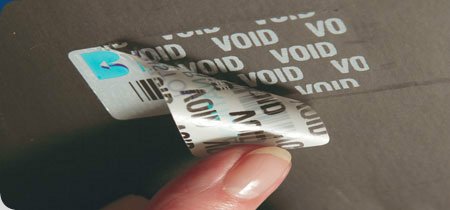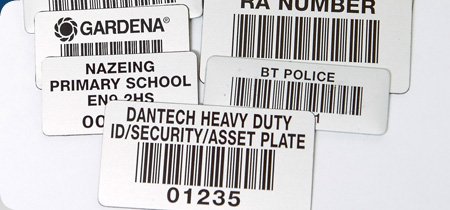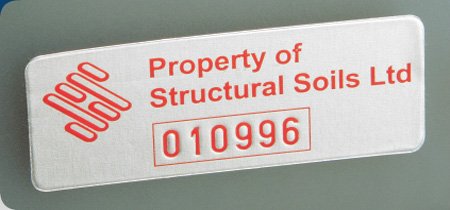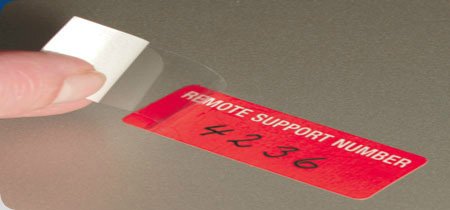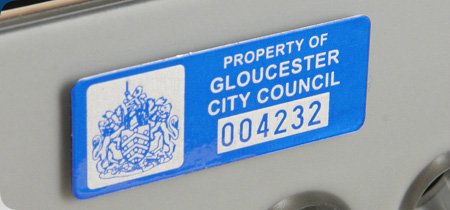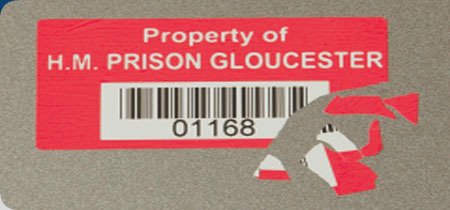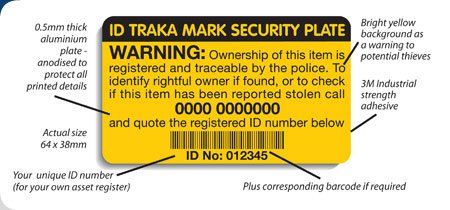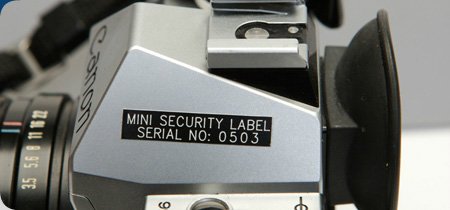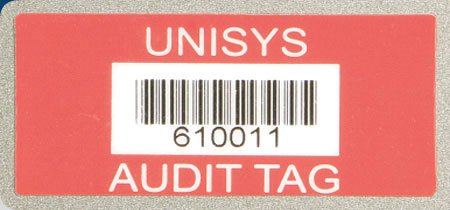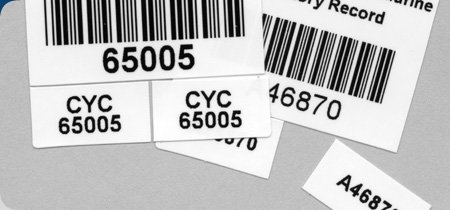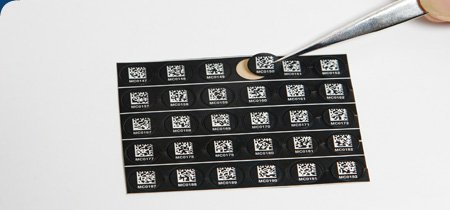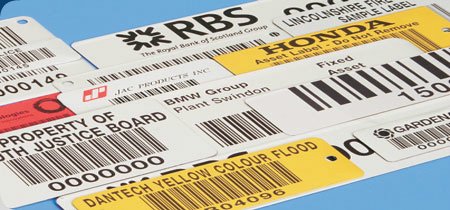High-Quality Thermometer Labels Across Diverse Industries
There are many industries that require the use of thermometers in their operations, from the catering industry, heavy industrial industries, and the pharmacical industry. In each of those industries, it’s critical that the correct temperatures be taken, as the result could very well result in the loss of revenue, do potential harm to the public and maybe even the closure of the operation in question should the health and safety standards be too heavily breached. Concurrently there is a wide array of thermometers available for purchase for just about any circumstance or task, all of which with their own little perks and uses.

Needless to say, when you’re looking for a new thermometer, it’s important to ensure that the thermometer in question is correct for the task. You should understand what it was designed to do, the sorts of industries that use it and the various specs that it comes with. A thermometer used to measure the internal temperature of cooking meat, for example, will serve no use if you want to find out whether a foundry has reached the correct temperature to melt titanium. It wouldn’t have the temperature range necessary, would not be able to accurately take the temperature, and has not been designed to withstand those temperatures.
So what sorts of thermometers are there?
There are the basic spirit-based thermometers, these are the ones you’re probably most familiar with and can be found cheaply and in bulk pretty much anywhere. They’re intended for domestic uses and only have a temperature range of 100°C or slightly more. While it can be used for cooking, usually a more accurate reading is given by a fixed and wire probe, which is used by culinary industries to accurately read the temperatures of food and liquids. A similar device is the dual/multiple sensor thermometer, which performs a similar task but for more than one environment. These are usually used for temperature comparisons or classroom maintenance.
For more intense applications, a K-Type thermometer may be preferable, being designed to withstand temperatures within the thousands rather than the hundreds. Such thermometers are highly accurate and responsive, allowing for precise readings within only a few minutes at most. They are often also designed for use in industrial settings, meaning they’re more durable than other thermometers.
Of course, when you have a plethora of thermometers it’s important to ensure you have the right one. For that purpose, ensure that you have plenty of thermometer labels on hand to keep your equipment clearly designated. Thermometer labels are usually made of highly resistant materials, as they’ll often be placed within extreme temperatures and are also highly distinctive. This means that you can be assured that your thermometer labels won’t suddenly burn off, nor will the labels freeze and become brittle during their use.
They’re also useful for preventing theft; thermometer labels made by Dantech are specifically designed to be tamper-resistant. If attempts are made to remove the security label, it will fragment rather than pry away, leaving behind distinctive marks. Even if the thermometer label is rubbed down, the label is deeply engraved and will still be visible.
The best labels to use on thermometers are Dantech's ID MINI MARK asset labels; these labels can survive extremely high temperatures and have the information on them engraved on the label to ensure that they are also visible and present. For further information regarding labels and their uses, please visit Dantech’s website, www.idassetlabels.co.uk, or you can call them today on 01354 688 488 for more information.
Published on Wednesday 29th November 2023


